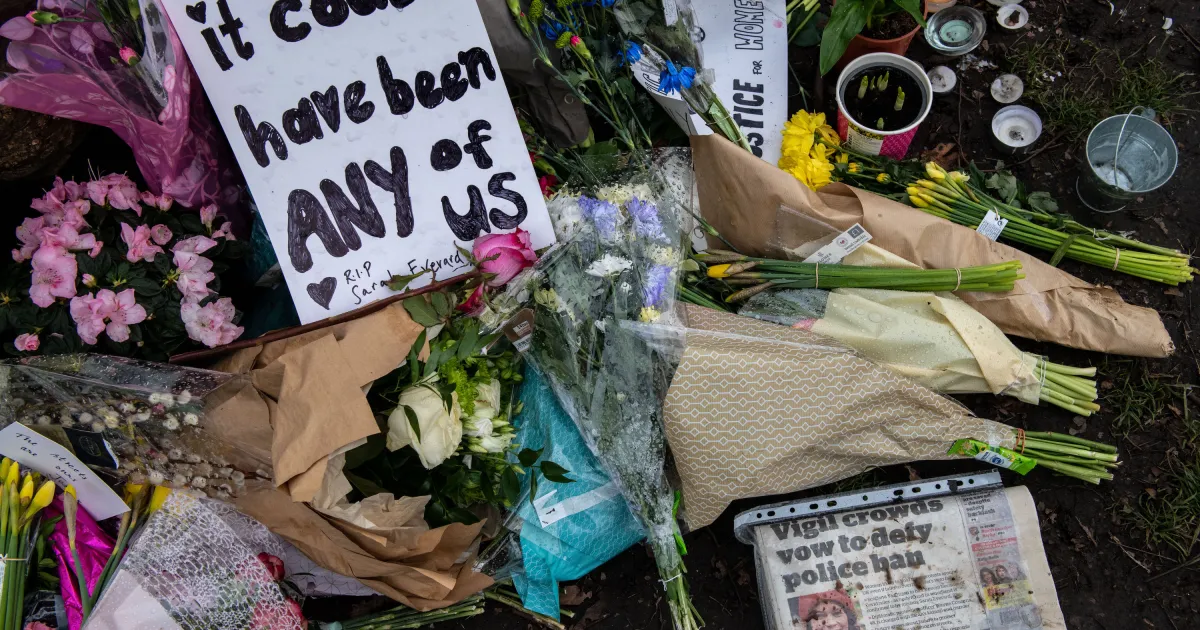Is the current wave of rapes across the country a simple law and order problem, or is it a symptom of a deeper societal malaise? This is the question being hotly debated in social groups.
In a number of cases, rapes have become an easy tool for politicians of all hues to rake up controversies only to score points against opponents, without offering cooperative solutions.
However, no one can deny that the alarming trend of crimes against women in India is a stain on the nation’s conscience, a symptom of a deeply entrenched culture of misogyny and sexism that continues to poison our society. The tragic event in Kolkata last month, where a young doctor was brutally raped and murdered, is not an isolated incident but a stark reminder of the pervasive violence and brutality that women face on a daily basis.
Women activists say it is a shame that in a country that prides itself on its ancient traditions and values, women are treated as second-class citizens, constantly living in fear of harassment, assault, and even death at the hands of men who see them as nothing more than objects to be dominated and controlled. The authorities’ lackadaisical response and the systemic failures in the justice system only serve to embolden the perpetrators and perpetuate this cycle of violence.
Says Mahi Heather, a student “It is time for India to wake up and confront this epidemic of violence against women head-on. We need more than just lip service and empty promises – we need real change, starting with a cultural shift that values and respects women as equals. The time for action is now, before more lives are needlessly lost to this senseless violence.”
India’s alarming rape statistics – 86 cases reported daily, and 49 cases against women hourly – underscore a grim reality that demands urgent attention. The country’s patriarchal society, entrenched gender violence, and systemic inequalities have created an environment where sexual crimes thrive.
According to social activist Padmini Iyer, “Unlike most countries, India’s definition of rape is narrow, often failing to recognize non-consensual sex as a criminal offense. This perpetuates a culture of impunity, allowing perpetrators to act with reckless abandon. The criminal justice system’s inability to deliver justice, with a dismal conviction rate and over 133,000 pending cases, exacerbates the crisis.”
Societal stigma and victim-blaming discourage reporting, while data deficiencies obscure the true extent of the problem. Acquaintance rape, marital rape, and domestic violence remain underreported, hiding the severity of sexual violence. Research points to skewed sex ratios, cultural factors, and socioeconomic imbalances as contributing factors, adds Mukta Gupta, a columnist.
Gang rapes, in particular, reflect a disturbing trend of frustrated youth, often driven by lack of education, job opportunities, and delayed marriages. The rise of educated women in the workforce, delaying marriages and family life, has disrupted traditional sexual dynamics. Caste-based sexual violence disproportionately affects marginalized communities, highlighting the intersectionality of oppression.
To combat India’s rape crisis, profound societal changes are necessary. Rape must be recognized as an instrument of power, intimidation, and subjugation, rather than merely a crime of passion. Ensuring safe workplaces, education, and job opportunities can help address socioeconomic drivers. However, these measures will only be effective if accompanied by a fundamental shift in societal attitudes toward women, gender, and sexuality.
Only through collective action can India hope to eradicate the scourge of rape and create a safer, more equitable society for all.





